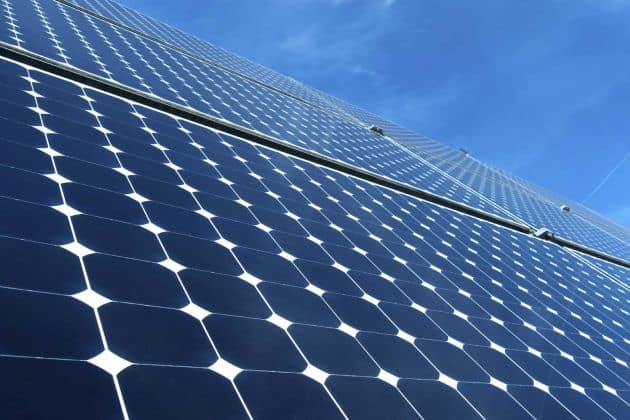Google is increasingly opting for sustainability. The company has great ambitions in this area and is now buying the output of no less than 1.6 million solar panels to power two new data centres. The data centers will be located in the southeast of the United States: in Tennessee and Alabama.
In order for the two data centres to run sustainably, Google is purchasing a considerable amount of solar energy. It is a deal between the company and the Tennessee Valley Authority, in which it buys 413 megawatts of energy. That energy comes from 1.6 million solar panels – about the equivalent of 65,000 houses with solar panels on the roof.
Big ambitions
The solar farms will be located in Hollywood, Alabama and Yum Yum. The two largest of them each supply 150 megawatts of electricity and are therefore the largest solar farms ever built for Google. By purchasing all these new solar panels, Google is, in principle, buying off the power that its data centres use. The source of the power from the data centres does not have to be sustainable in itself – no one can guarantee this by setting up the energy network – but at least as much sustainable power will be available on the market as the data centres use.
Roughly 72 percent of the power consumption of our data centers in Alabama and Tennessee will be matched every hour with co2-free energy sources, where the current regional mix consists of 48 percent renewable energy, says the company in a statement. For Google, this intention is in any case a step in the direction of realising its sustainable ambitions. The aim is to ultimately make all of Google’s power consumption more sustainable.
However, Google uses a lot of power, which makes it quite a challenge. For example, in 2015 it used 5.7 terawatt hours of electricity worldwide. That’s as much as all of San Francisco. The company is working energetically to achieve its ambitions: in 2017, it purchased 7 billion kilowatt hours of sustainable energy generated from solar and wind farms.
This news article was automatically translated from Dutch to give Techzine.eu a head start. All news articles after September 1, 2019 are written in native English and NOT translated. All our background stories are written in native English as well. For more information read our launch article.